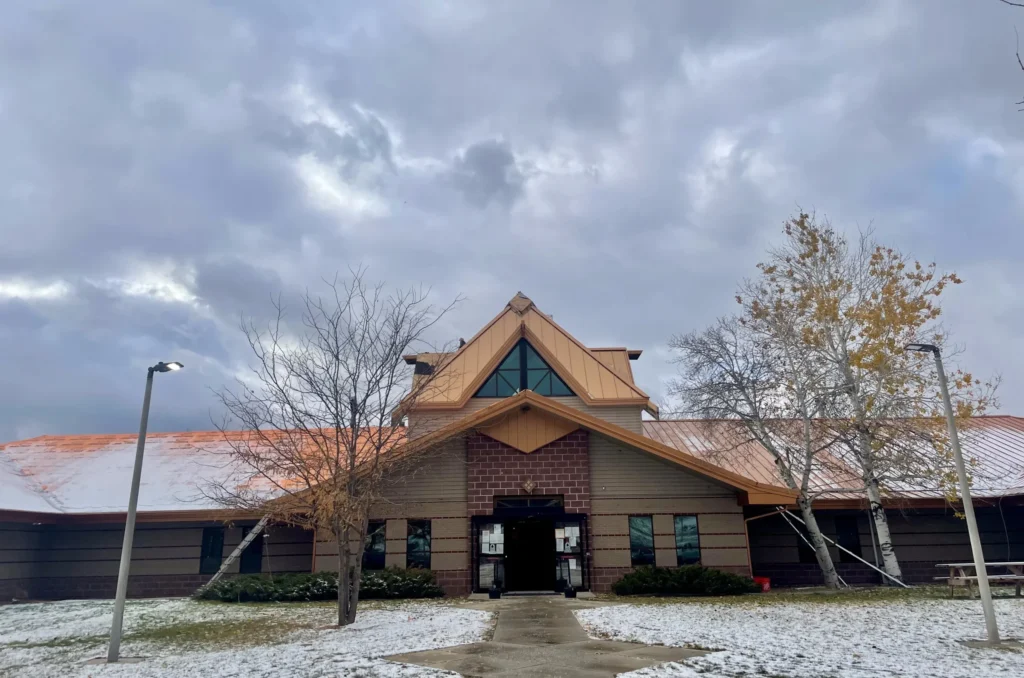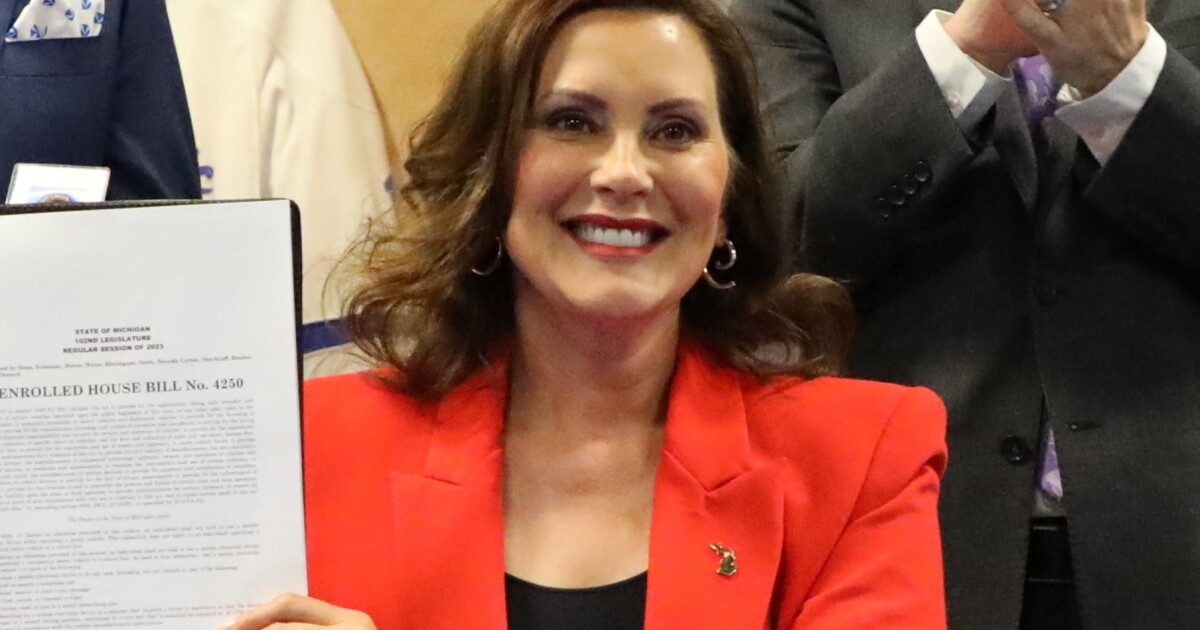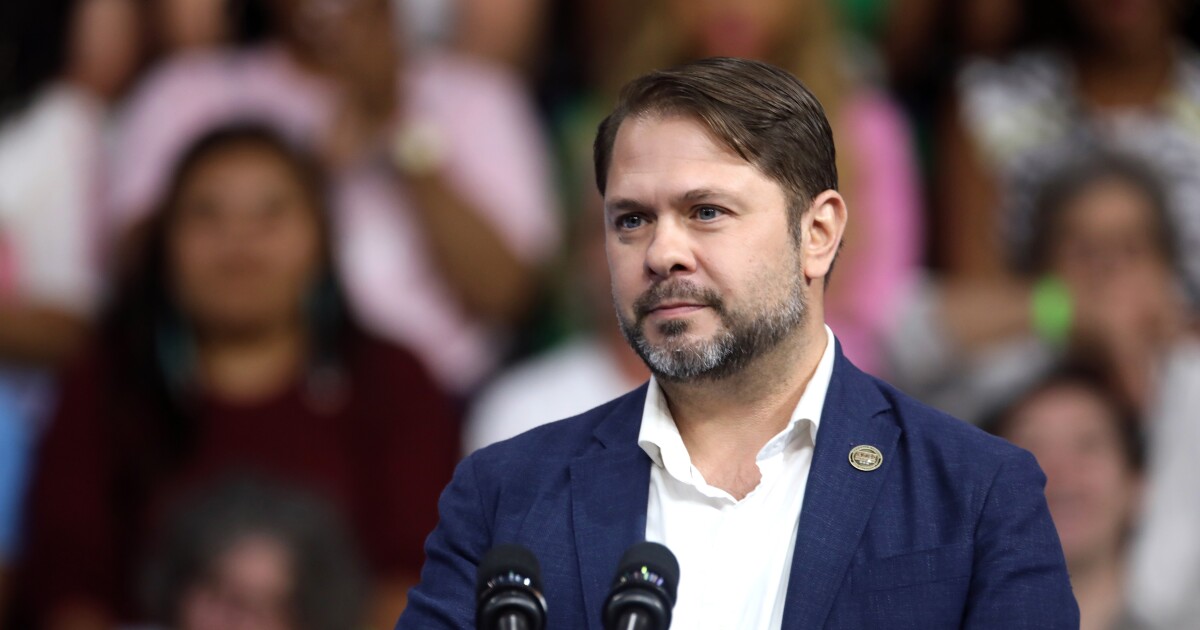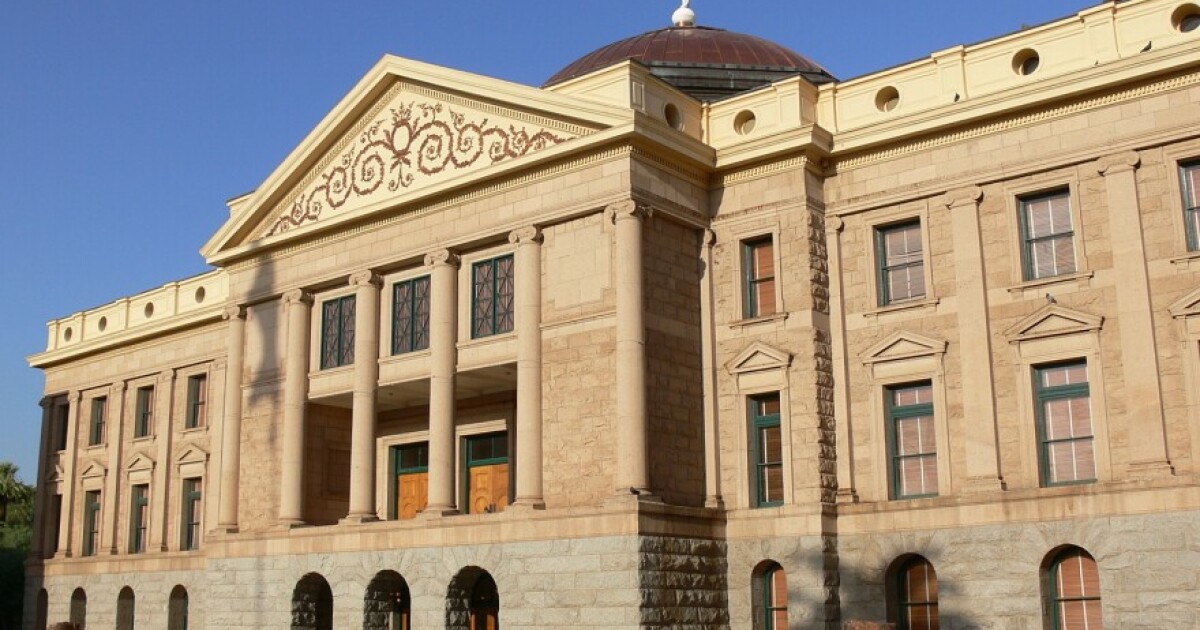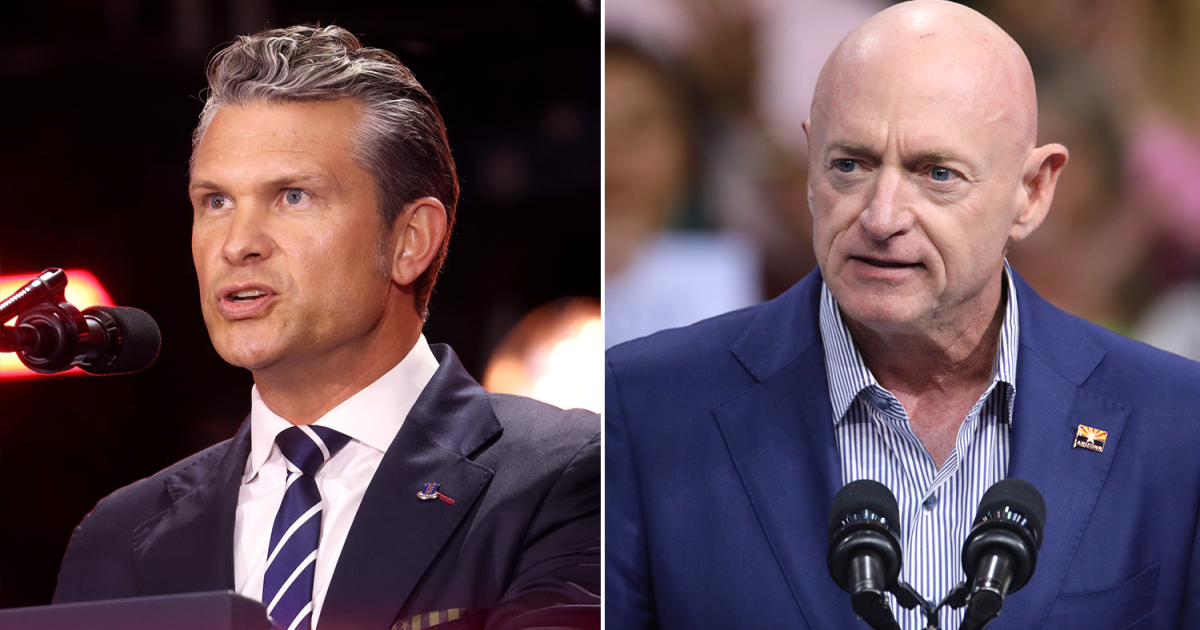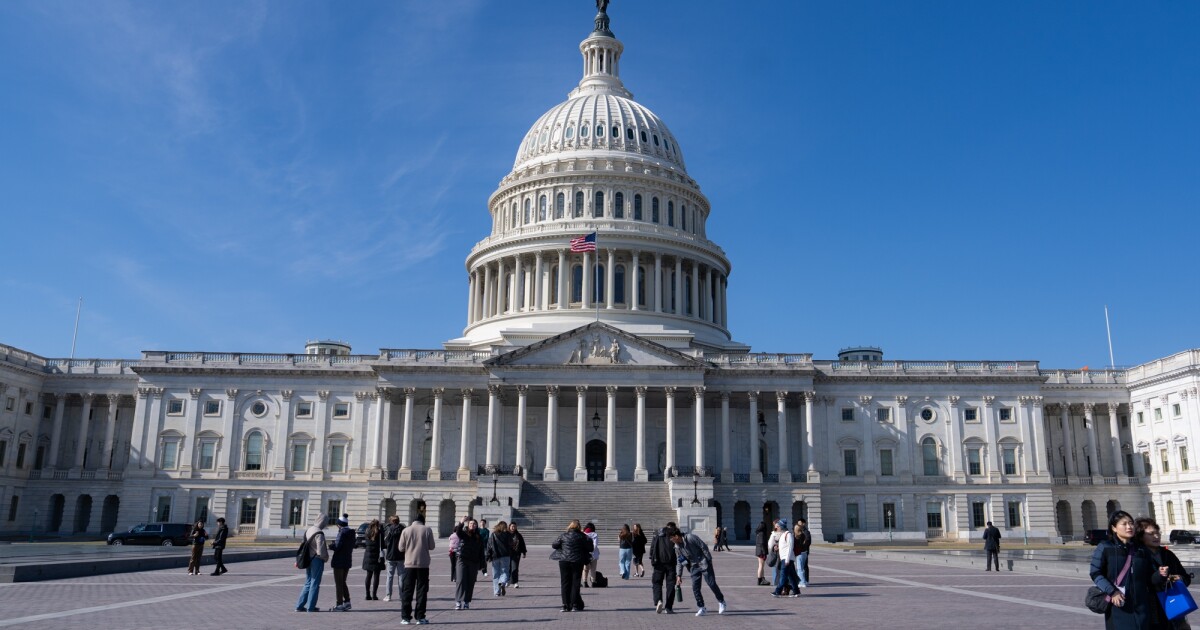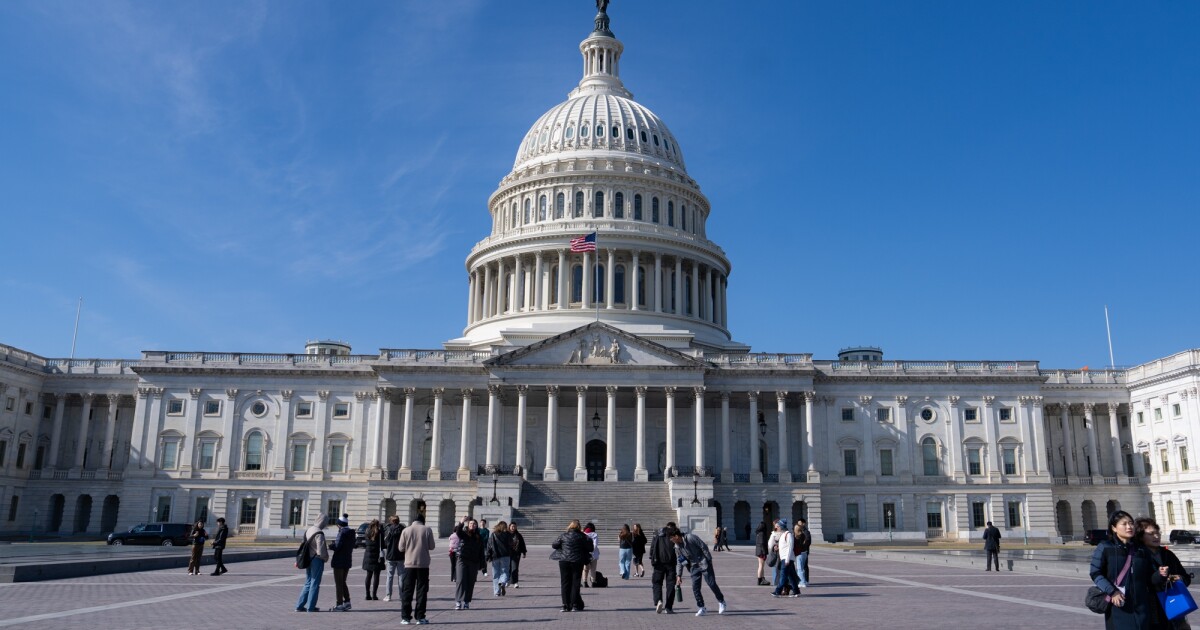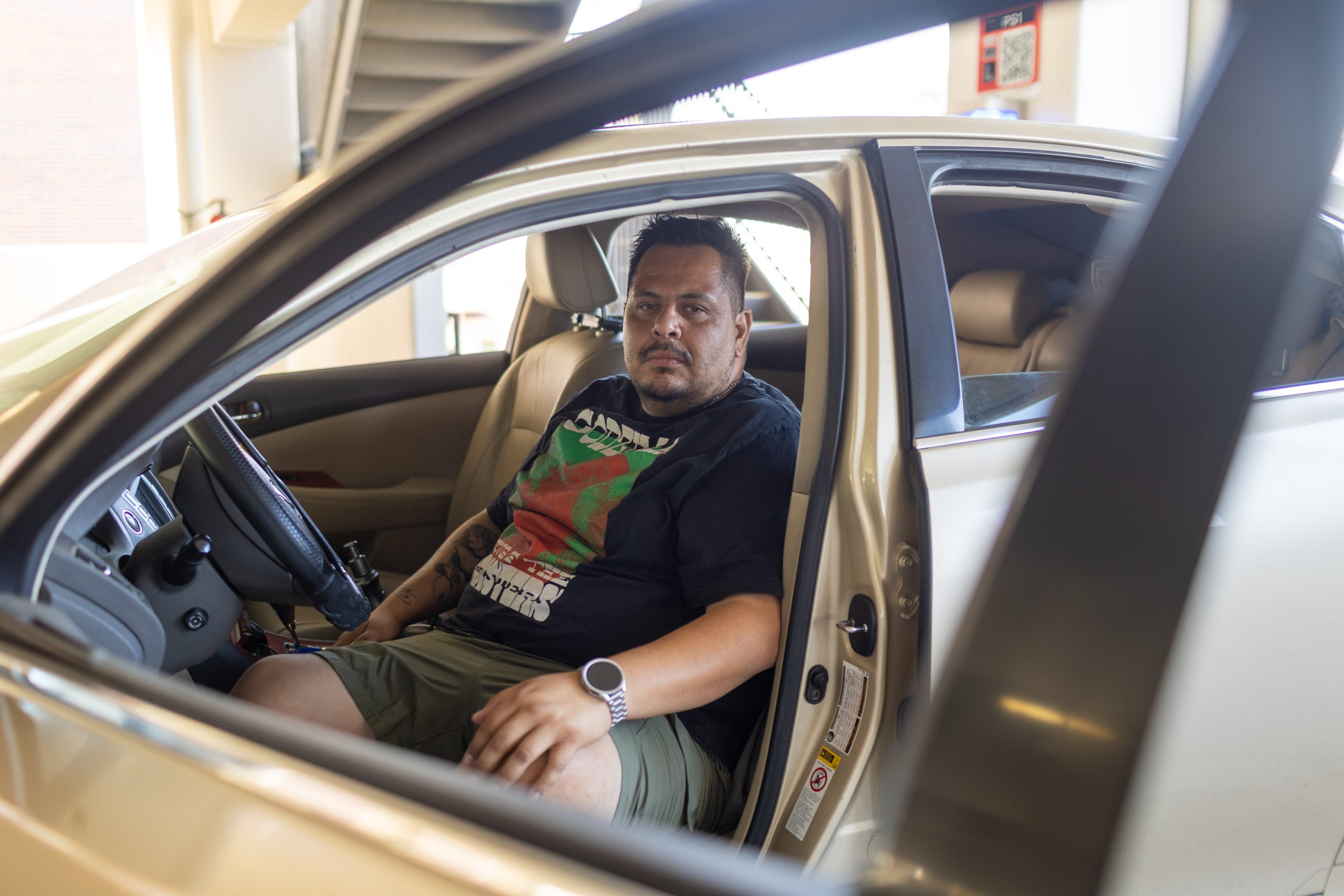A months-long Northern Cheyenne Tribe dispute revolves around leadership and a controversial Oct. 30 election excluding women candidates. This has ignited confusion and division within the community. Initiated last spring, President Gene Small’s transparency campaign led to an audit into council’s use of federal COVID-19 relief funds, provoking a split government.
The Northern Cheyenne Tribe, headquartered in southeast Montana, has 12,403 members, with 4,618 on the reservation. The crisis deepened when the tribal council voted on Sept. 11 to remove Small, citing constitutional violations. Some council members, like Torrey Davie and Theresa Small, allied with the president. Traditional leaders, or chiefs, called for removal of the eight council members who voted against Small and appointed temporary council members. Meanwhile, the original council claimed they remain the tribe’s governing body.
With the Bureau of Indian Affairs not intervening, tensions rose as council members were arrested, tribal accounts were frozen, and an election banning women was approved. While division persists, there’s a consensus on the confusion it has sown. Council member Nizhoni Friesz expressed doubts about voter turnout, “A lot of them perceive that it’s not real. … It’s just causing so much confusion that people don’t really know what’s real and what’s not.” President Small, however, sees the election as a legal path forward, stating, “I believe that the traditional law is the law of the land here.”
CONTROVERSIAL ELECTION
The interim council and Small approved a special Oct. 30 election to fill eight council seats deemed vacant. However, the original council members claim the election is invalid, arguing Small’s presidency is illegitimate and the chiefs lack authority. The election rules, developed by the chiefs, prohibit women from running and raise the candidate age minimum to 30, among other restrictions. These rules, Small claims, are designed to restore government stability. Yet, the exclusion of women and absentee voters, with less than 40% of members living on the reservation, spurred criticism. “It’s a civil rights violation,” council member Melissa Lonebear stated.
ARRESTS
Tensions peaked on Oct. 8 when four original council members and their relatives were arrested. Charged with offenses involving the protection of officials, they spent 52 hours in detention. Lonebear described the events as “stressful and traumatic.” Arrests, including that of Gwen Spotted Horse, affected family life, particularly traumatizing children.
BANK ACCOUNTS FROZEN
The financial stability of the tribe is at risk, with tribal accounts frozen amid leadership disputes. On Sept. 24, the council revoked Small’s authority over tribal accounts, adding to the turmoil. The newly formed interim council later approved budgets and authorized Small as a signatory. Concerns about the impact on federal funding, which supports essential services, linger. Council member Friesz feared consequences from prolonged instability, “There’s so many possibilities that this instability is causing that it’s very worrisome for us.”
WILL THE COURT HAVE AN ANSWER?
With the Bureau of Indian Affairs stepping back, both parties seek court intervention. President Small filed a motion for declaratory judgment on Oct. 1, contesting his removal. The original council likewise petitioned against the chiefs, alleging they lack authority. Though the court dismissed their complaint, members remain hopeful, recognizing the court’s acknowledgment of them as the Tribal Council. Council member Lonebear stressed the need to “exhaust all remedies” within tribal procedures.
—
Read More Montana News

